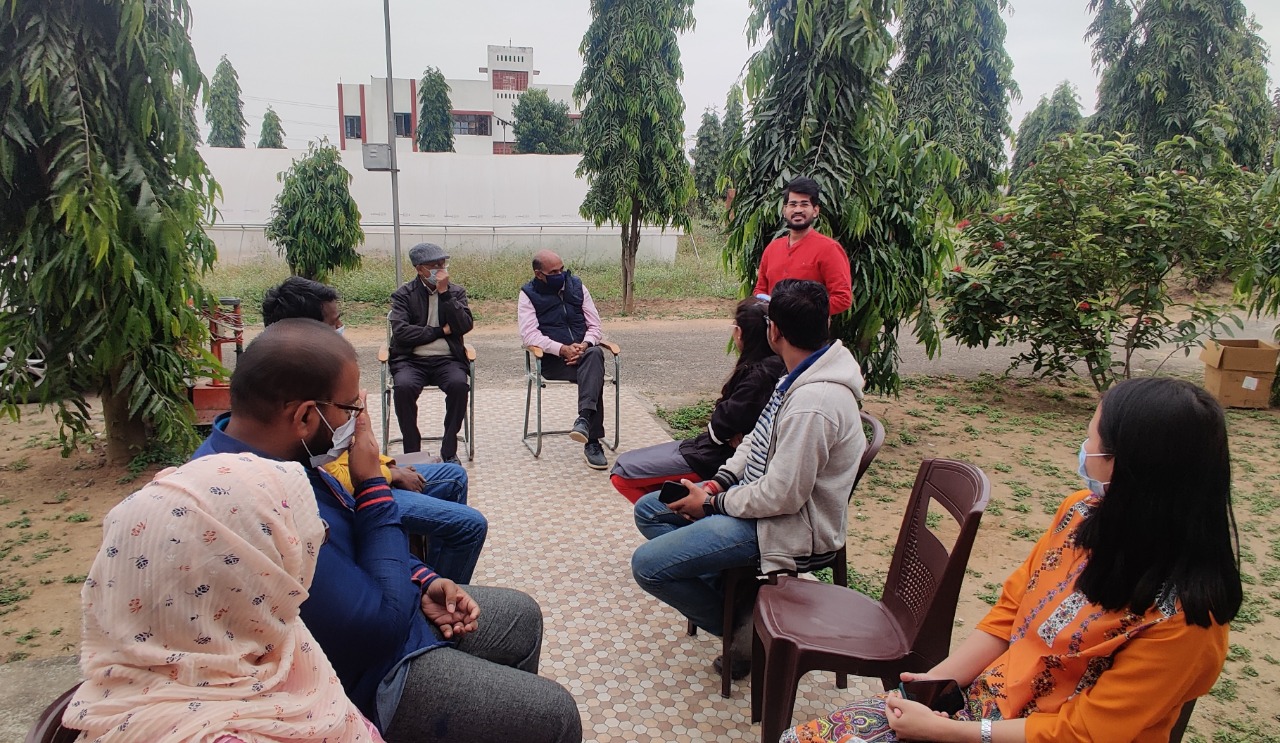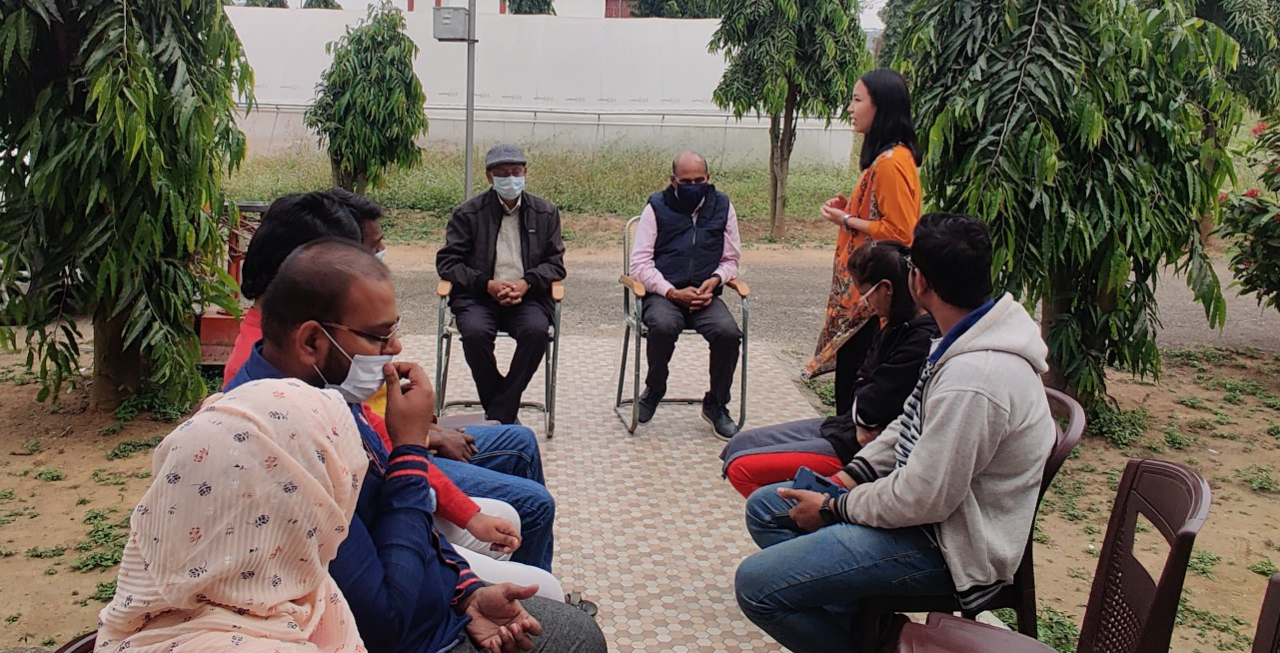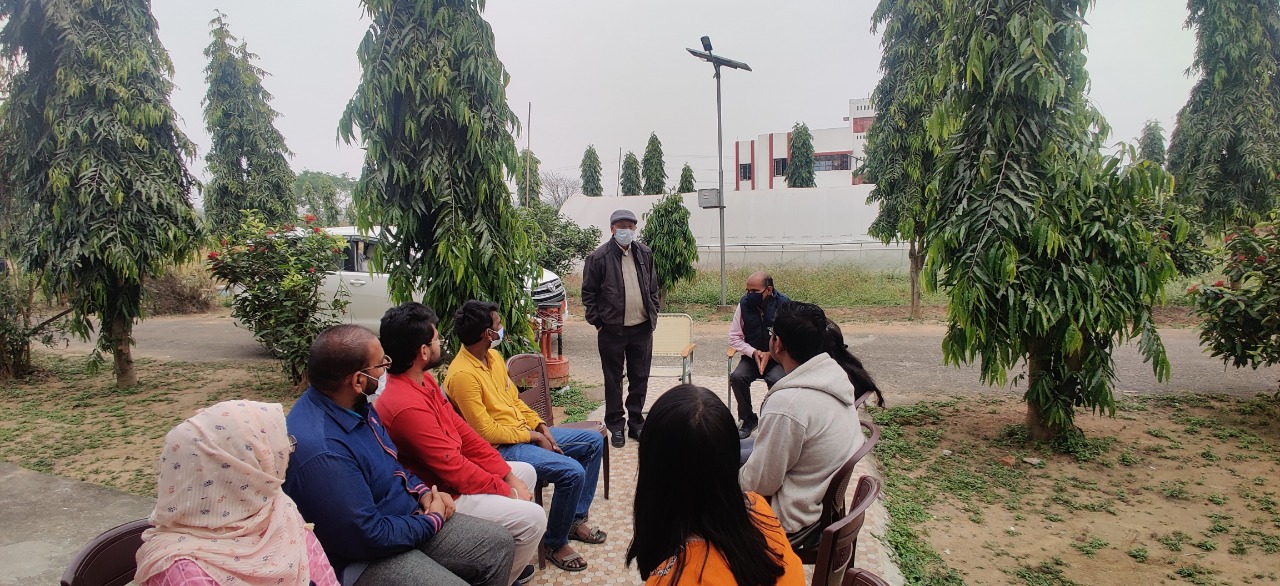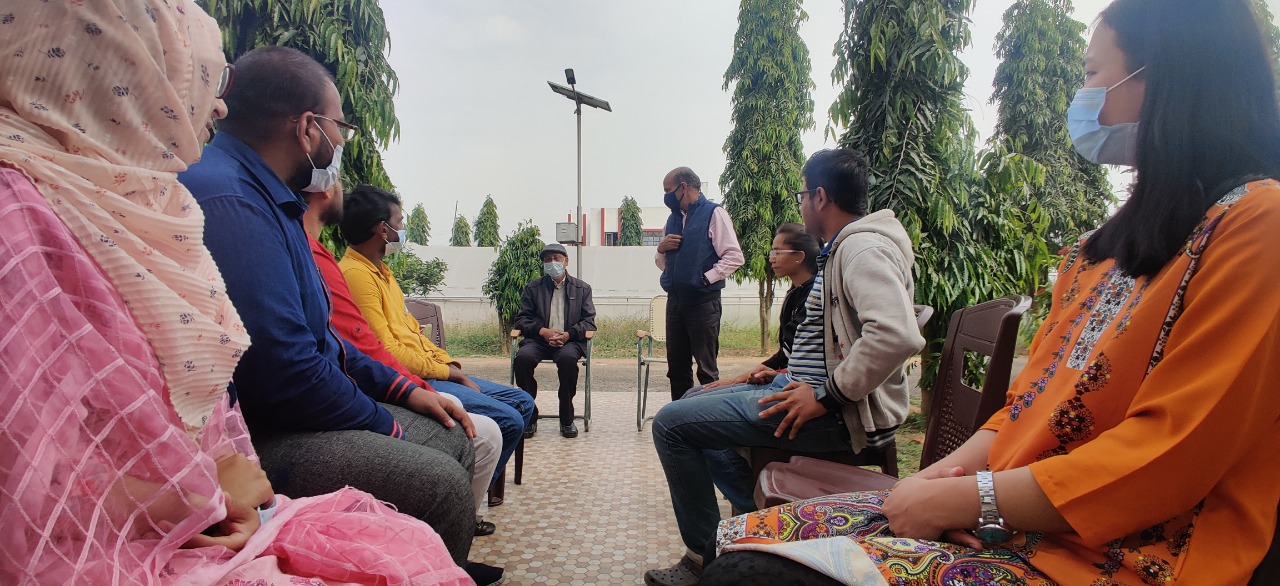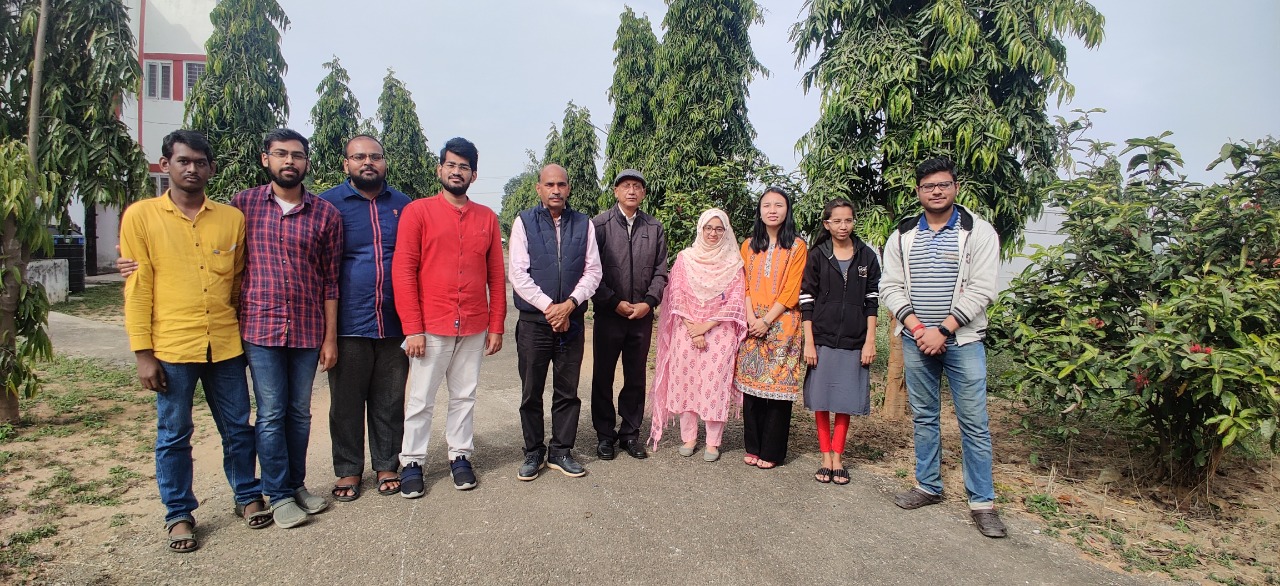Student Admitted for M.Sc.(Agri.) Programme in the Academic Session 2021-22
Discipline: Molecular Biology and Biotechnology
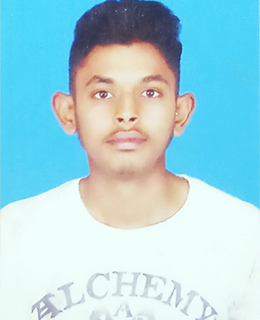
Shiva Kumar Aswamy M
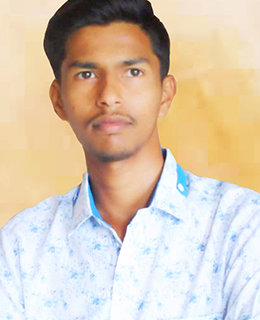
Mustafa N
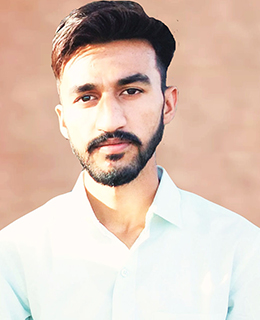
Sudheer Bishnoi
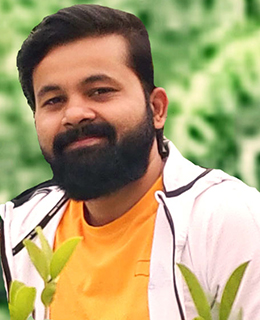
Pratik Prasad Singh

Sradhanjali Jena
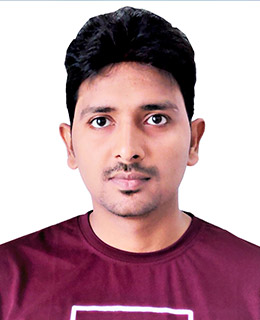
Ankit Raj
Discipline: Genetics and Plant Breeding
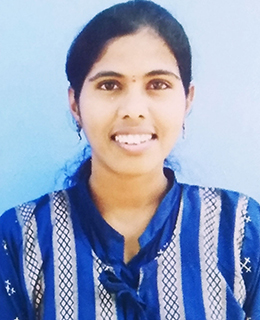
Jaya Kothapelly
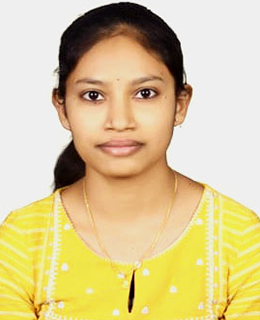
A.Priyadarshini
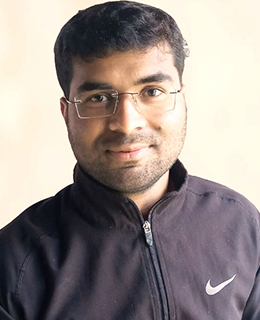
Mukesh Raj

Koppula Satya Sai Kumar
Student Admitted for M.Sc.(Agri.) Programme in the Academic Session 2020-21
Discipline: Molecular Biology and Biotechnology
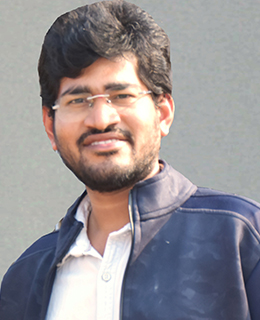
Sampatirao Dilip
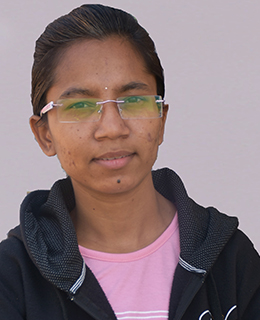
Pragati Sudhakar Gajbhar
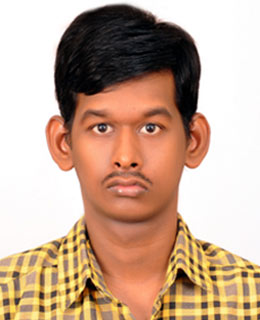
Malempati Sriharsha
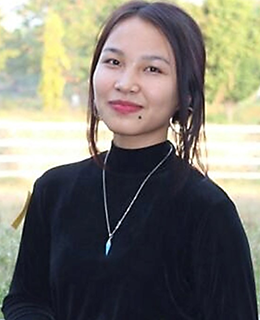
Olivia Nianglunhoih
Discipline: Genetics and Plant Breeding

Hari Vijaya Teja
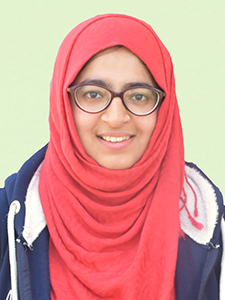
Mahak Anwar
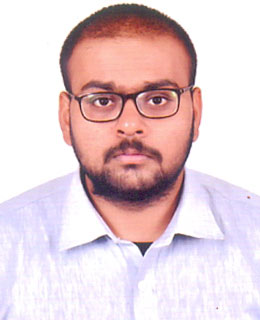
Shubham Sachan
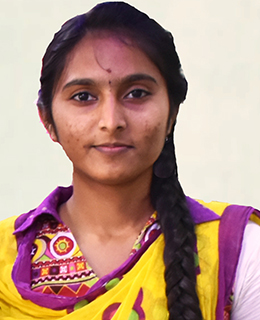
Yashaswini J
Discipline: Biochemistry

Rajarshi Sanyal
World Soil Day Celebration at ICAR-IIAB
A program was organized by the students to celebrate and create awareness on World Soil Day. Ms Pragati Gajbhar was the anchor and conducted the program. Mr Hari Vijaya Teja highlighted the importance of healthy soil and explained the brief history behind the celebration of World Soil Day on 5th December. 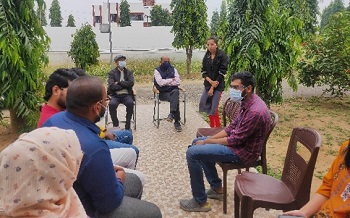
He mentioned the role of Thailand’s king and the Global Soil Partnership framework in convincing the Food and Agricultural Organization (FAO) and UN General Assembly to designate 5th December 2014 as the first official World Soil Day.The theme for World Soil Day 2021 was “ Halt Soil Salinization, Boost Soil Productivity”;
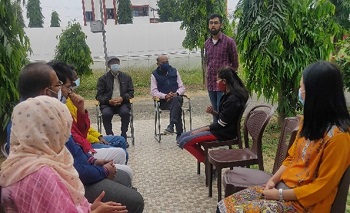 it was essential to discuss the salinity problem. Ms Mahak Anwar expressed her views on soil salinization, focussing on its causes and effects. She explained the severe impact of salt-affected soils on soil functions, such as decreased agricultural productivity, water quality, soil biodiversity, and soil erosion.
it was essential to discuss the salinity problem. Ms Mahak Anwar expressed her views on soil salinization, focussing on its causes and effects. She explained the severe impact of salt-affected soils on soil functions, such as decreased agricultural productivity, water quality, soil biodiversity, and soil erosion.
Every problem comes with some solutions. Mr Rajarshi Sanyal dealt with the strategies for the reclamation of saline soil. He highlighted two approaches to tackle the problem of soil salinity. First, reclaim salt-affected fields using good quality irrigation water, sub-surface drainage, mulching, etc. Second, to manage salt-affected soils as they exist, i.e., without reclamation, using alternate agricultural options such as cultivating salt-tolerant crops, saline aquaculture, etc.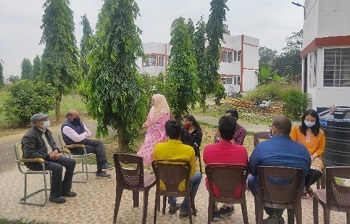 ‘We abuse land because we regard it as a commodity belonging to us. When we see land as a community to which we belong, we may begin to use it with love and respect.’ This message resonated throughout the speech of students. An essential aspect of maintaining soil health is proper testing of soil. Mr Shubham Sachan explained the importance of soil testing. He mentioned the importance of soil testing in optimizing fertilizer use, determining problematic soils, and predicting a good response.
‘We abuse land because we regard it as a commodity belonging to us. When we see land as a community to which we belong, we may begin to use it with love and respect.’ This message resonated throughout the speech of students. An essential aspect of maintaining soil health is proper testing of soil. Mr Shubham Sachan explained the importance of soil testing. He mentioned the importance of soil testing in optimizing fertilizer use, determining problematic soils, and predicting a good response.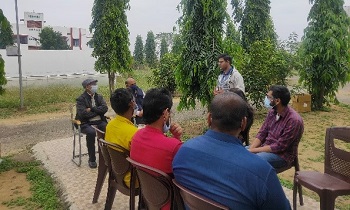 The role of citizens, rather than the farmers, in maintaining soil health and productivity was discussed by Mr Sampatirao Dilip. He aimed at raising awareness on the importance of maintaining healthy ecosystems and human well-being by addressing the growing challenges in soil management, fighting soil salinization, increasing soil awareness, and encouraging societies to
The role of citizens, rather than the farmers, in maintaining soil health and productivity was discussed by Mr Sampatirao Dilip. He aimed at raising awareness on the importance of maintaining healthy ecosystems and human well-being by addressing the growing challenges in soil management, fighting soil salinization, increasing soil awareness, and encouraging societies to 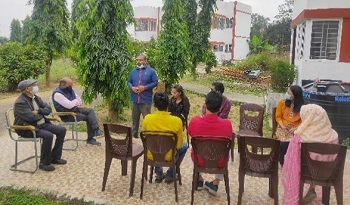 improve soil health. Dr A. Pattanayak, Director, and Dr Vijai Pal Bhadana also shared their thoughts on World Soil Day. Ms Olivia Nianglunhoih concluded the program by summarizing the discussions and proposing a vote of thanks.
improve soil health. Dr A. Pattanayak, Director, and Dr Vijai Pal Bhadana also shared their thoughts on World Soil Day. Ms Olivia Nianglunhoih concluded the program by summarizing the discussions and proposing a vote of thanks.

He mentioned the role of Thailand’s king and the Global Soil Partnership framework in convincing the Food and Agricultural Organization (FAO) and UN General Assembly to designate 5th December 2014 as the first official World Soil Day.The theme for World Soil Day 2021 was “ Halt Soil Salinization, Boost Soil Productivity”;
 it was essential to discuss the salinity problem. Ms Mahak Anwar expressed her views on soil salinization, focussing on its causes and effects. She explained the severe impact of salt-affected soils on soil functions, such as decreased agricultural productivity, water quality, soil biodiversity, and soil erosion.
it was essential to discuss the salinity problem. Ms Mahak Anwar expressed her views on soil salinization, focussing on its causes and effects. She explained the severe impact of salt-affected soils on soil functions, such as decreased agricultural productivity, water quality, soil biodiversity, and soil erosion.Every problem comes with some solutions. Mr Rajarshi Sanyal dealt with the strategies for the reclamation of saline soil. He highlighted two approaches to tackle the problem of soil salinity. First, reclaim salt-affected fields using good quality irrigation water, sub-surface drainage, mulching, etc. Second, to manage salt-affected soils as they exist, i.e., without reclamation, using alternate agricultural options such as cultivating salt-tolerant crops, saline aquaculture, etc.
 ‘We abuse land because we regard it as a commodity belonging to us. When we see land as a community to which we belong, we may begin to use it with love and respect.’ This message resonated throughout the speech of students. An essential aspect of maintaining soil health is proper testing of soil. Mr Shubham Sachan explained the importance of soil testing. He mentioned the importance of soil testing in optimizing fertilizer use, determining problematic soils, and predicting a good response.
‘We abuse land because we regard it as a commodity belonging to us. When we see land as a community to which we belong, we may begin to use it with love and respect.’ This message resonated throughout the speech of students. An essential aspect of maintaining soil health is proper testing of soil. Mr Shubham Sachan explained the importance of soil testing. He mentioned the importance of soil testing in optimizing fertilizer use, determining problematic soils, and predicting a good response. The role of citizens, rather than the farmers, in maintaining soil health and productivity was discussed by Mr Sampatirao Dilip. He aimed at raising awareness on the importance of maintaining healthy ecosystems and human well-being by addressing the growing challenges in soil management, fighting soil salinization, increasing soil awareness, and encouraging societies to
The role of citizens, rather than the farmers, in maintaining soil health and productivity was discussed by Mr Sampatirao Dilip. He aimed at raising awareness on the importance of maintaining healthy ecosystems and human well-being by addressing the growing challenges in soil management, fighting soil salinization, increasing soil awareness, and encouraging societies to  improve soil health. Dr A. Pattanayak, Director, and Dr Vijai Pal Bhadana also shared their thoughts on World Soil Day. Ms Olivia Nianglunhoih concluded the program by summarizing the discussions and proposing a vote of thanks.
improve soil health. Dr A. Pattanayak, Director, and Dr Vijai Pal Bhadana also shared their thoughts on World Soil Day. Ms Olivia Nianglunhoih concluded the program by summarizing the discussions and proposing a vote of thanks.